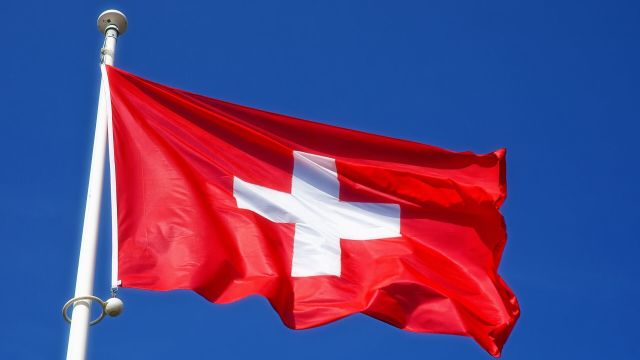At the same time, Bern reserved the opportunity to introduce some exceptions to the sanctions regimeParis.
March 29. INTERFAX - The Swiss authorities have introduced the 10th package of sanctions against Russia after the EU, according to the government's website.
"The Federal Council has imposed new restrictions against Russia by adopting measures recently adopted by the EU as part of the 10th package of sanctions," the report says.
It is noted that the Swiss measures come into force from 20:00 local time (21:00 Moscow time) on March 29.
In particular, it is stated in the message, we are talking about a ban for Russian citizens to hold posts in departments managing vital infrastructure in Switzerland, as well as tightening control measures and restrictions on, among other things, dual-use goods.
At the same time, the Swiss authorities "have created the opportunity to allow the provision of assets or economic resources to an individual or legal entity, a company or organization that is under sanctions, if it is required to protect the interests of Switzerland."
On February 25, the EU adopted a package of sanctions, which includes restrictions against three Russian banks, on the import of asphalt, synthetic rubber, prohibits the transit of dual-use goods and technologies through Russia, as well as restrictions on seven Iranian UAV manufacturers.
In order to "guarantee the effectiveness of the imposed bans on frozen assets," the EU also decided to prescribe "the obligations of more detailed declarations on funds and economic resources belonging to listed individuals and organizations that were frozen or underwent any movement shortly before being included in the list." In addition, the EU Council has introduced new obligations "to report information to member states and the European Commission on the immobilized reserves and assets of the Central Bank of Russia."
The package of sanctions includes restrictions on the export of important technologies and industrial goods, in particular, electronics, specialized vehicles, for example, snowmobiles, machine parts, spare parts for them, construction goods and structures, goods used in the aviation industry. The Council also imposed a ban on the provision of gas storage facilities (with the exception of the part related to LNG facilities) to Russian citizens in order to protect the security of the EU gas supply and "avoid Russia using its gas supplies as a weapon and risks of market manipulation." In addition, the EU has banned the transit through Russia of dual-use goods and technologies exported from the EU.

